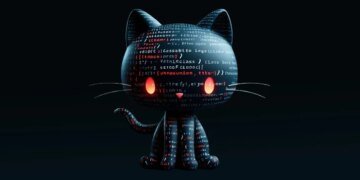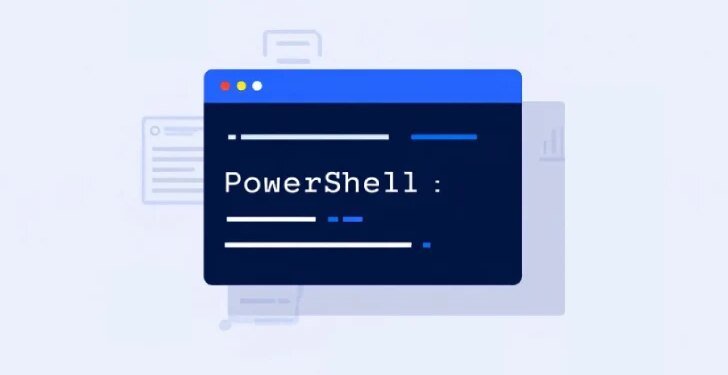Fileless Remcos RAT Strikes Using LNK Files and PowerShell: What You Need to Know
In the dynamic realm of cyberspace, hackers relentlessly innovate new tactics to breach security protocols and infiltrate systems unnoticed. 🚨 Currently capturing the spotlight among cybersecurity professionals is the subtle yet formidable Remcos Remote Access Trojan (RAT). Unraveling this threat reveals its adept use of fileless intrusion techniques, particularly through LNK files and Microsoft HTML Application (MSHTA) functionalities in PowerShell-based operations.
Understanding Remcos RAT
Remcos RAT transcends ordinary malware, making it a particularly challenging adversary. Originally developed as a legitimate remote access tool for enterprises, this utility has regrettably transitioned into a tool for cybercriminal activities. It’s frequently deployed to breach systems, pilfer sensitive data, and occasionally seize control of infected computers. 🖥️
The Covert Attack Methodology
At the heart of the Remcos RAT threat is its “fileless” characteristic. Traditional antivirus mechanisms predominantly depend on scanning physical files to identify malware. However, due to its fileless configuration, the Remcos RAT effortlessly eludes these defenses, amplifying its risk potential. 🚫📝
The Attack Process
- **LNK Files**: The malicious sequence often starts with LNK files, essentially Windows shortcut files, which, when activated by unsuspecting users, can implement harmful scripts.
- **MSHTA and PowerShell**: Activation of the LNK file integrates MSHTA and PowerShell to execute succeeding commands. While MSHTA is a sanctioned Windows component that executes HTML applications, PowerShell is an influential scripting language designed for automated administration tasks. 🔄
- **Payload Execution**: By leveraging this dual approach, attackers can execute rogue scripts directly into system memory, effectively bypassing conventional file-based detection methodologies, which makes detection and neutralization an uphill task.
Safeguarding Against Remcos RAT
Despite the unsettling nature of fileless attacks, implementing proactive measures can effectively bolster defenses. 🛡️
- Exercise Caution With Unfamiliar Files: Refrain from engaging with emails or attachments from unrecognized sources, as phishing emails frequently impersonate credible communications to entice users into launching malware.
- Disable Macros: Macros remain a frequent malware exploitation vector. It’s best to disable macros in Office files unless their origin and purpose are thoroughly verified.
- Employ Advanced Security Solutions: Adopt security solutions that incorporate behavior-based detection and endpoint protection. Tools that utilize machine learning significantly aid in identifying anomalous activities.
- Ensure Consistent Updates: Regularly update your operating systems and applications. Patches are vital as they address vulnerabilities frequently exploited by malware.
- Prioritize User Education: Conduct constant training and awareness sessions for employees and users to recognize the signs of phishing and fileless attacks, which can substantially reduce risk levels.
The Imperative of Vigilance
The relentless evolution of perilous threats like Remcos RAT underscores the need to uphold stringent cybersecurity practices. 🔍 Although traditional defenses maintain relevance, modern paradigms necessitate a fusion of informed awareness and advanced technological measures to effectively mitigate risks.
Armed with information and caution, individuals and organizations can safeguard their invaluable data and uphold the integrity of their digital ecosystems. Remember, vigilance is your best defense against digital perils.
Stay secure online, and remember, when in doubt, don’t click it! 🚫👆
Join the Conversation
What are your thoughts on the evolving threat of fileless malware? Have you or your organization taken steps to specifically address this risk? Share your insights in the comments below!
Stay secure. 💡
Remember, regular cybersecurity practice updates are as crucial as a robust antivirus program. Remain alert and stay protected!



















































